


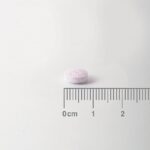
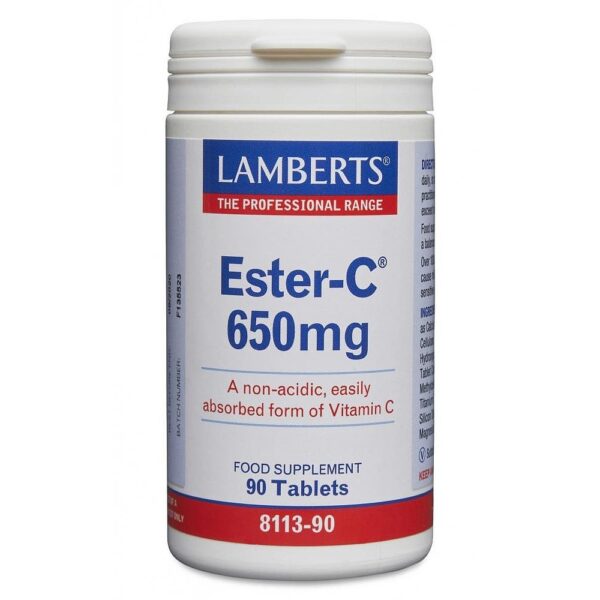

Vitamin B12 1000mcg 60Tablets Lamberts
£9.95 Original price was: £9.95.£7.95Current price is: £7.95.
High Strength
Vitamin B12 1000mcg
Lamberts Vitamin B12 (cobalamin) is an essential nutrient that plays a crucial role in various bodily functions, including nerve function, red blood cell formation, DNA synthesis, and energy metabolism.
During pregnancy, adequate intake of vitamin B12 is particularly important for both the mother and the developing fetus. Here are some key points to consider regarding vitamin B12 supplementation during pregnancy:
1. **Fetal Development:** Vitamin B12 is necessary for proper fetal development, especially during the early stages of pregnancy when organogenesis occurs.
Adequate vitamin B12 levels are essential for neural tube formation, brain development, and the formation of red blood cells in the fetus.
2. **Prevention of Neural Tube Defects:** Vitamin B12 low during pregnancy has been associated with an increased risk of neural tube defects, such as spina bifida, in the developing fetus. Ensuring adequate intake of vitamin B12 may help reduce the risk of these birth defects.
3. **Maternal Health:** vitamin b12 diseases plays a crucial role in supporting maternal health during pregnancy. It helps prevent anemia by supporting the production of red blood cells and contributes to overall energy metabolism, helping to alleviate pregnancy-related fatigue.
4. **Placental Transfer:** Vitamin B12 is transferred from the mother to the fetus through the placenta. Maintaining adequate maternal levels of vitamin B12 ensures sufficient supply to the developing fetus, supporting its growth and development.
5. **Breastfeeding:** Adequate intake of vitamin B12 is also important during breastfeeding, as pregnant vitamins is transferred to the infant through breast milk. Breastfeeding mothers who are deficient in vitamin B12 may pass on insufficient levels to their infants, potentially affecting their growth and development.
6. **Recommended Intake:** The recommended daily intake of vitamin B12 during pregnancy is higher than for non-pregnant individuals. According to the Institute of Medicine (IOM), pregnant individuals should aim for a daily intake of 2.6 micrograms (mcg) of vitamin B12.
7. **Supplementation:** If a pregnant individual is at risk of vitamin B12 deficiency or does not consume adequate amounts of vitamin B12 through their diet, supplementation may be recommended.
Vitamin B12 supplements are generally considered safe for use during pregnancy, and a dosage of 1000 micrograms (1 milligram) per day is commonly recommended for pregnant individuals who require supplementation.
8. **Consultation with Healthcare Professional:** It’s essential for pregnant individuals to discuss their individual vitamin B12 needs with a healthcare professional, such as an obstetrician, midwife, or registered dietitian.
They can provide personalized recommendations based on the individual’s medical history, dietary habits, and specific needs.
Overall, ensuring adequate intake of vitamin b12 diseases s essential for supporting a healthy pregnancy and optimal fetal development.
Pregnant individuals should strive to consume a balanced diet rich in vitamin B12-containing foods, such as meat, poultry, fish, dairy products, eggs, and fortified foods. If supplementation is needed, it should be done under the guidance of a healthcare professional to ensure safety and effectiveness.
air tag 012





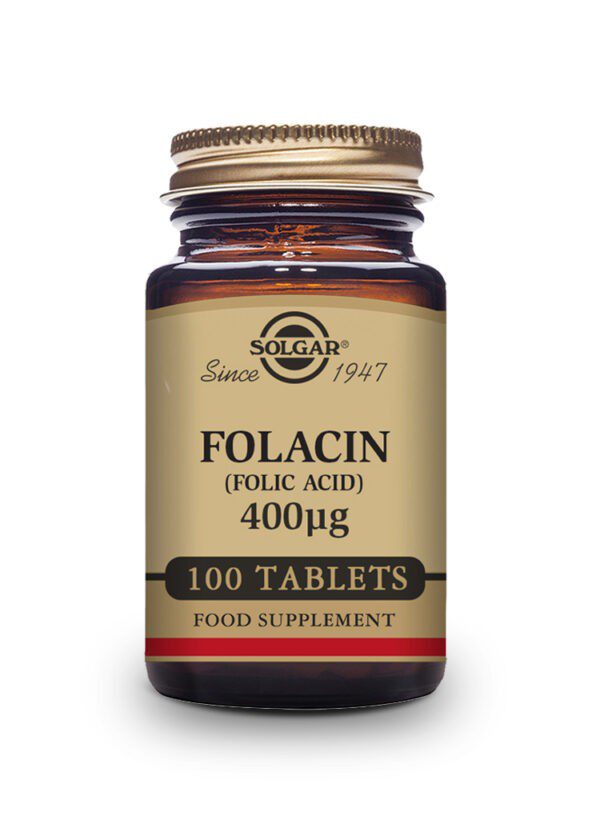
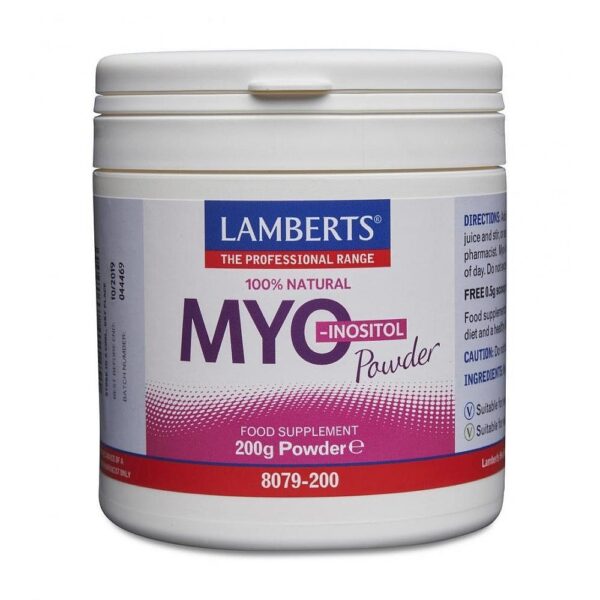



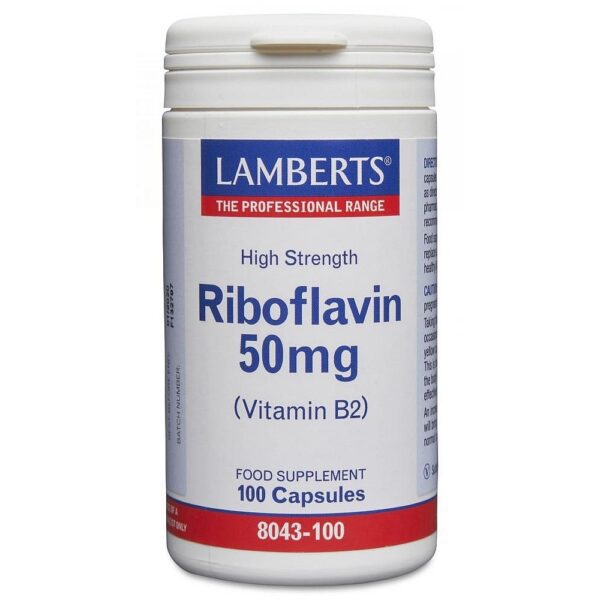





Reviews
There are no reviews yet.